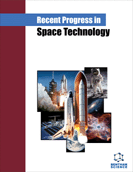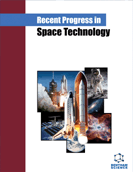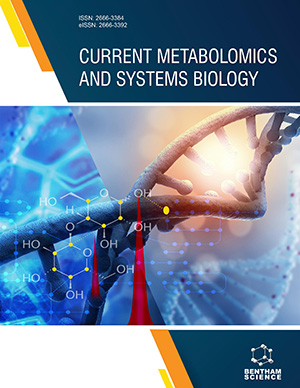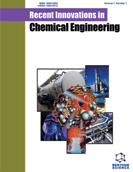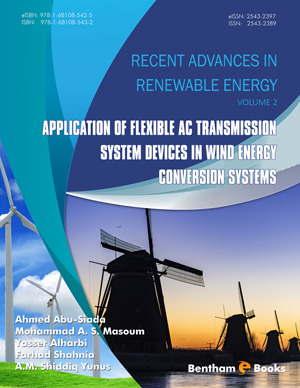Abstract
The increase in the use of plastic products caused the major worldwide
disposal problem of plastic solid waste (PSW). Plastics are becoming appropriate
materials of interest for everyone due to their attractive applications in households,
packaging, healthcare, and industries owing to their durability and versatile
functionality at affordable prices. Statistics show that a large number of waste plastics
are dumped in landfills, and only a tiny amount of plastic is recycled for making
valuable materials e.g., shampoo bottles, film, sheets, trash bags, kitchen-wares and
packing materials. About 26,000 tonnes of plastic waste is generated in India every
day, of which 40% remains uncollected and littered leading to adverse impacts on
human health and the environment. Further, the incineration of plastic wastes emits
many harmful gases such as nitrous oxide, sulfur oxides, dust clouds, dioxins and other
toxins that pollute the atmosphere. To reduce waste plastics generation in the
environment, the Indian government has implemented the Plastic Waste Management
Rules, 2016 and its amendments, which explain ways for collection and management
of plastic waste, its recycling, and utilization. Plastic wastes can be valorized to
produce fuels using techniques such as thermal degradation, catalytic cracking, and
gasification. This chapter is focused on waste plastic handling approaches, and novel
routes to convert plastic wastes into energy and other valuable chemicals. This
approach may compensate for high-energy demands and plastic waste management.



